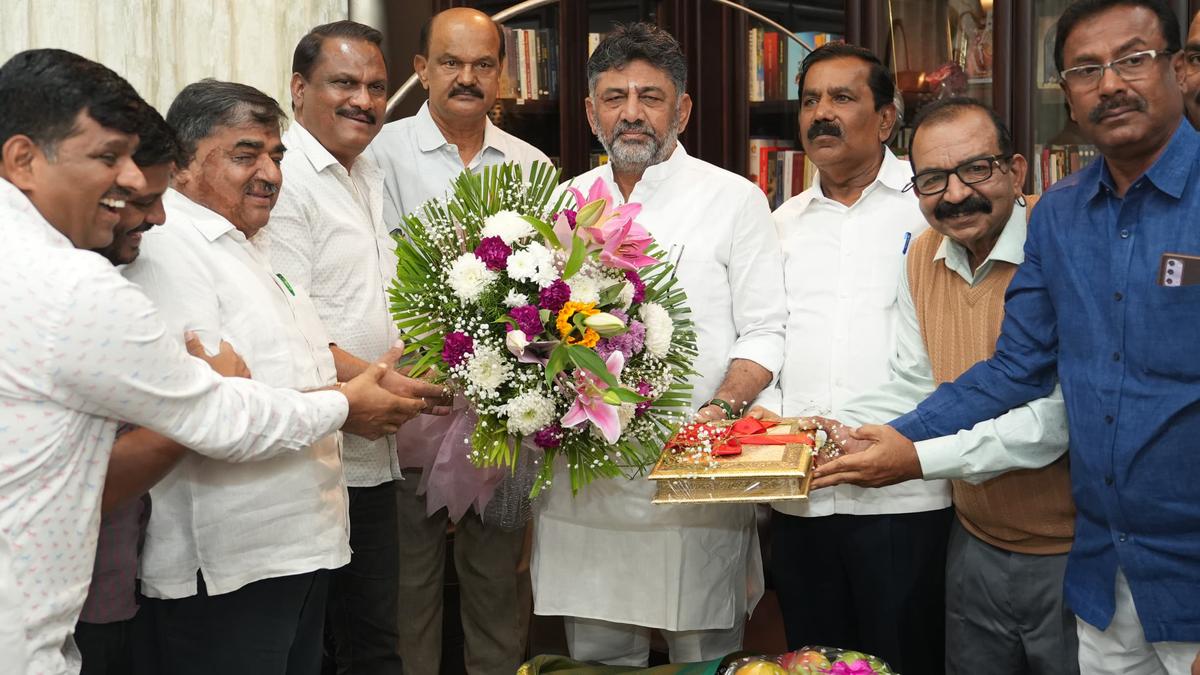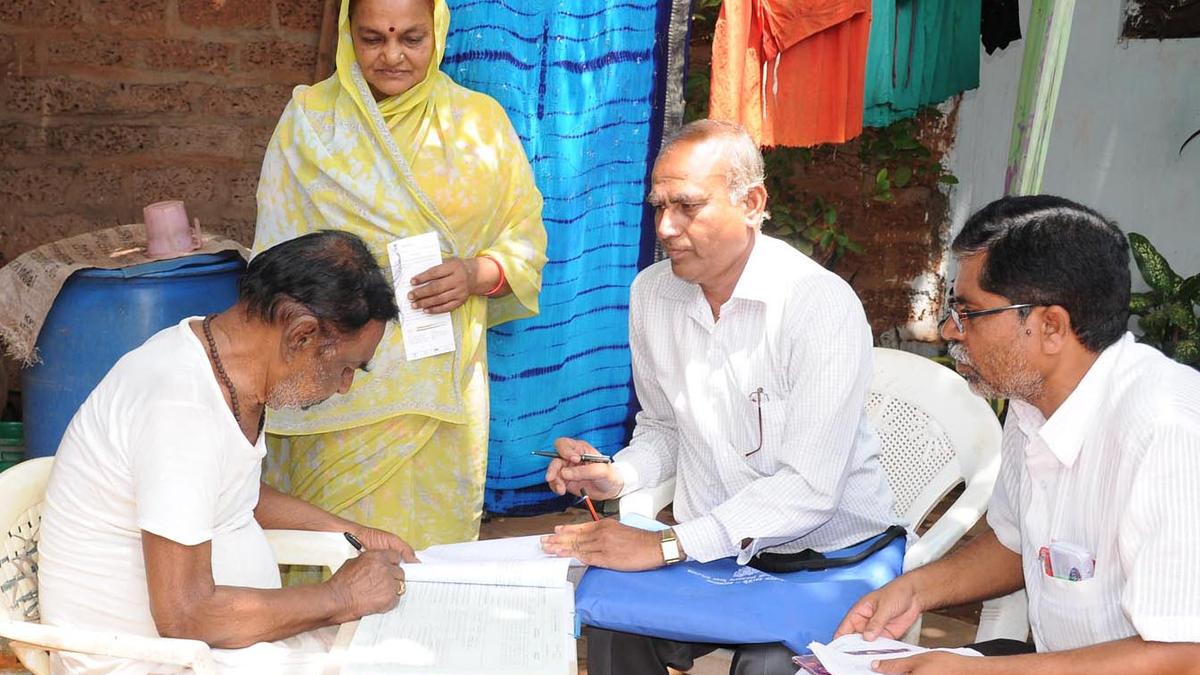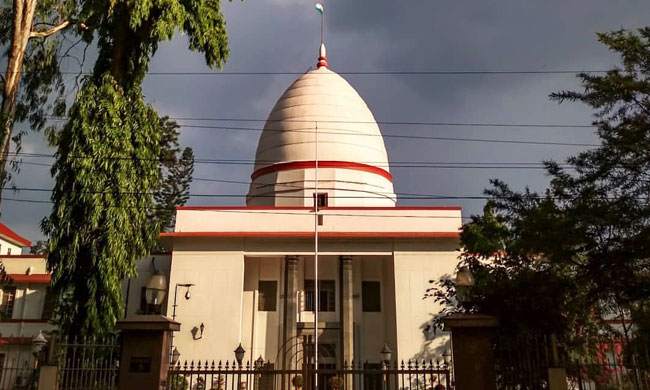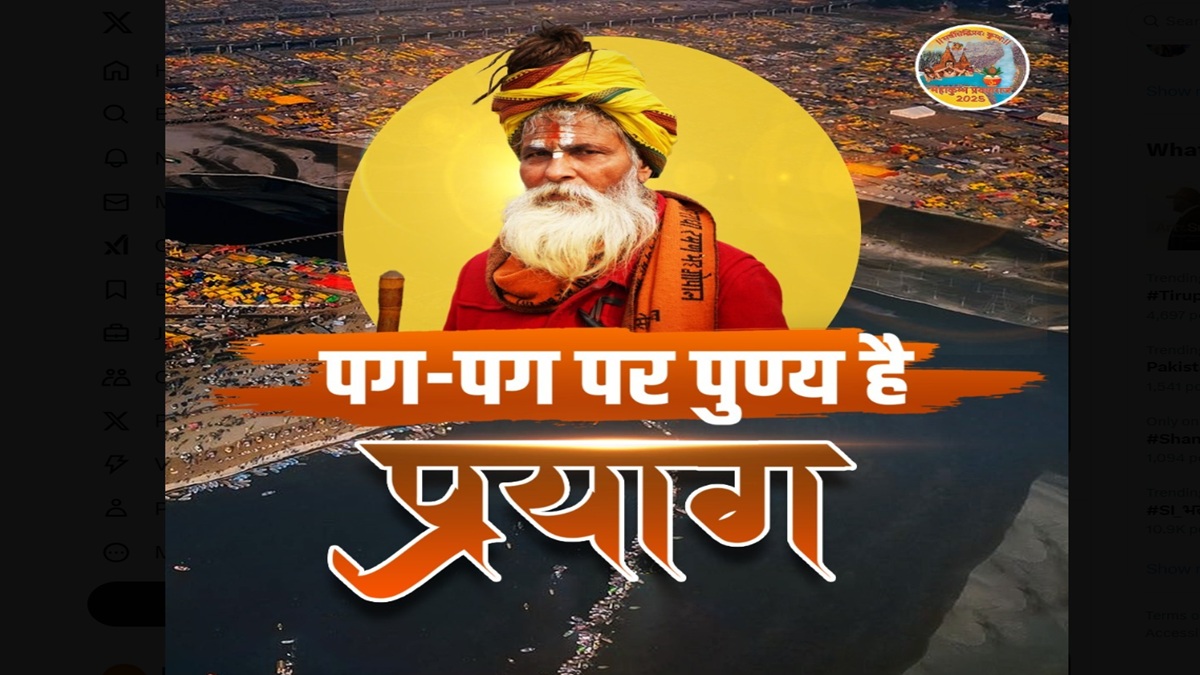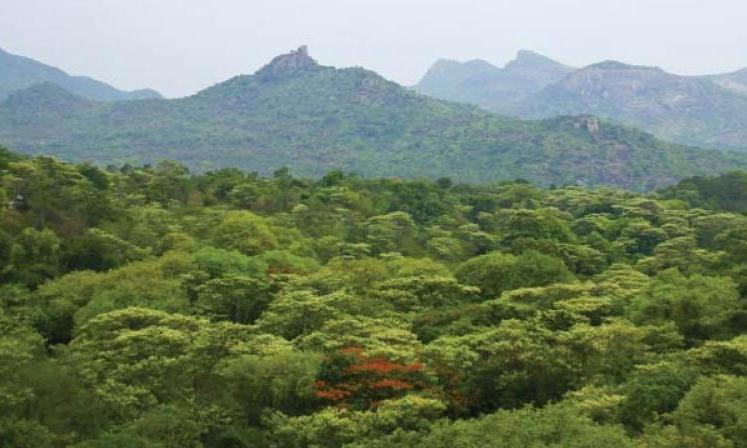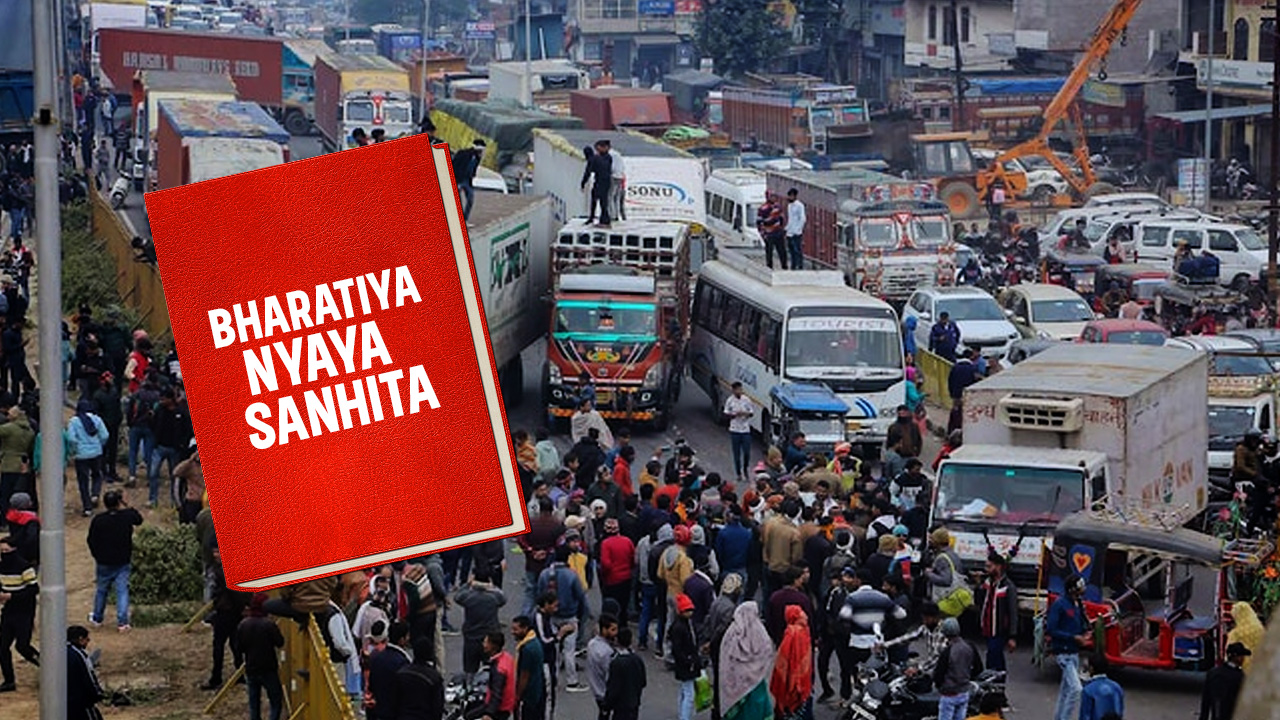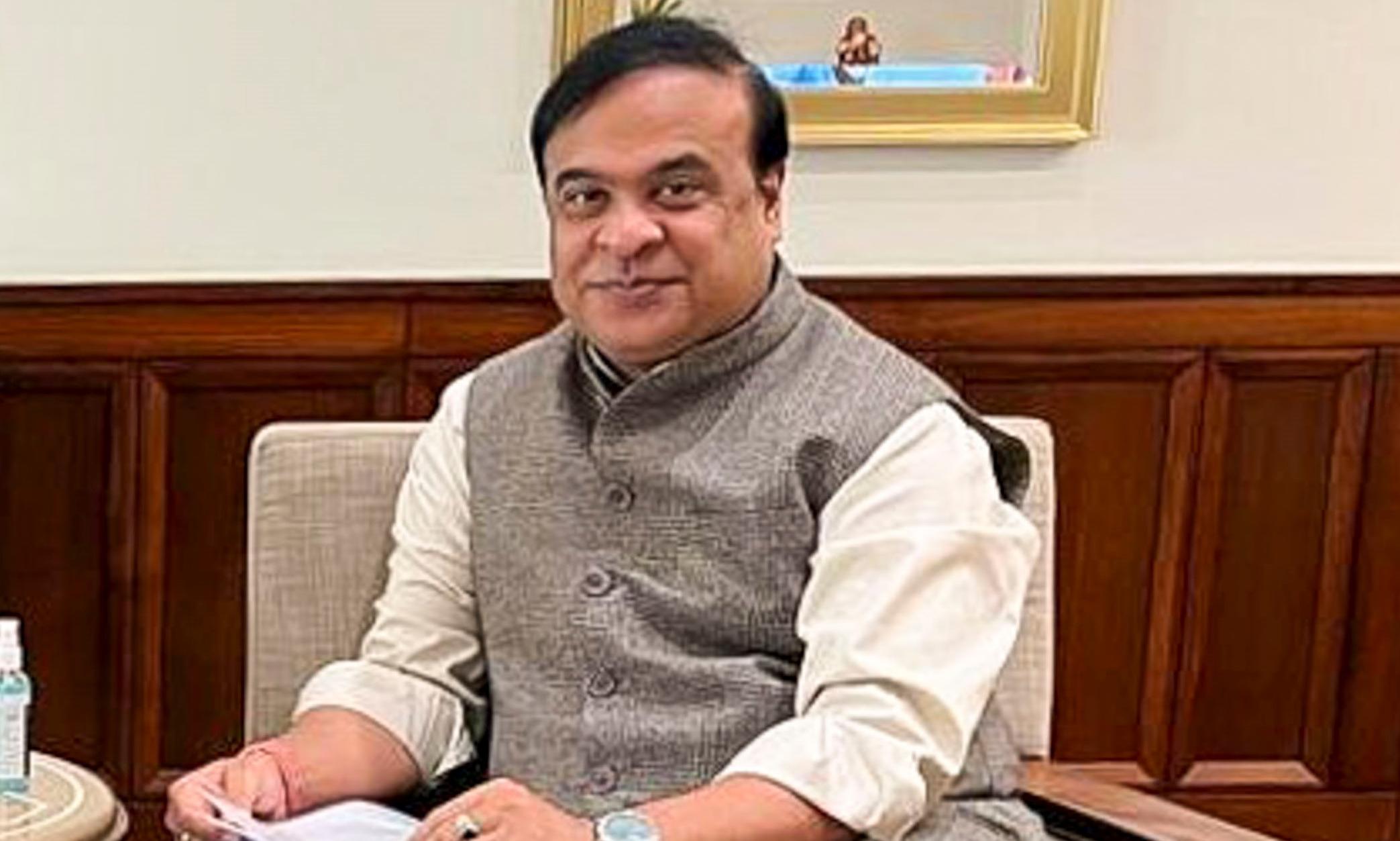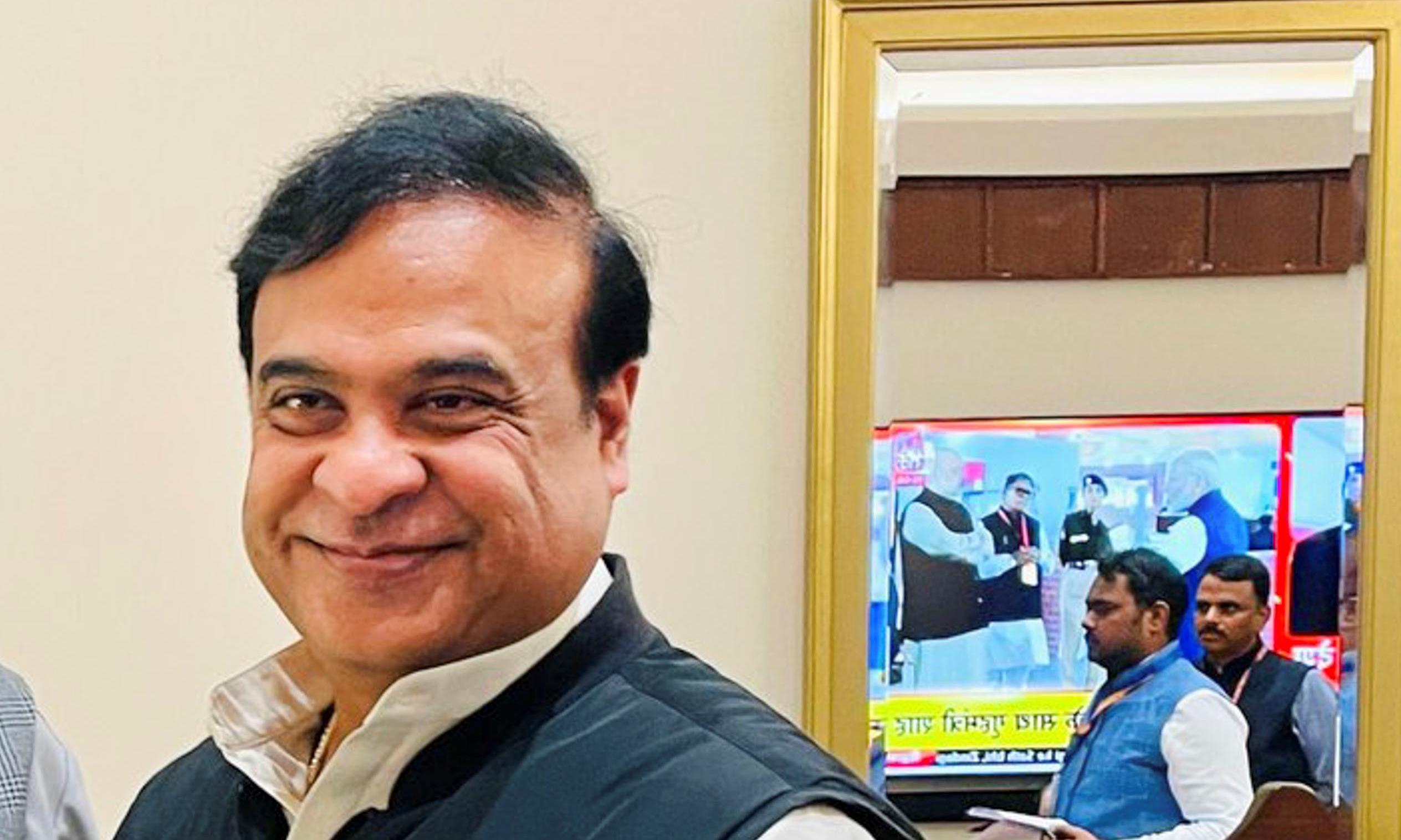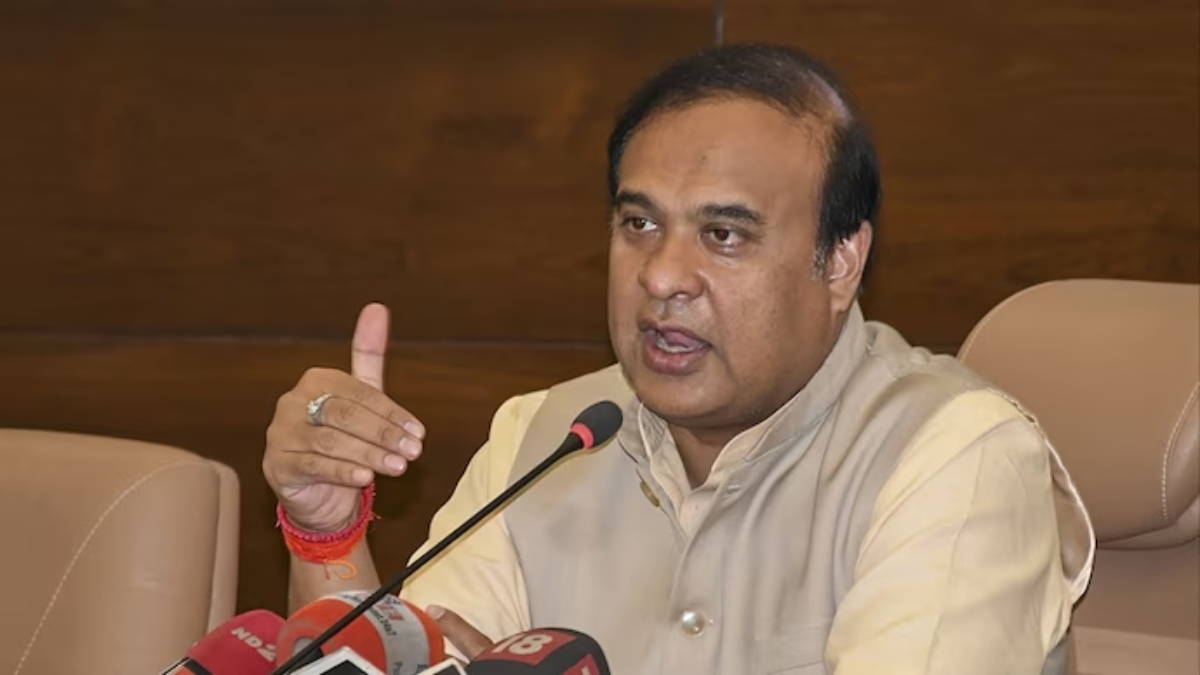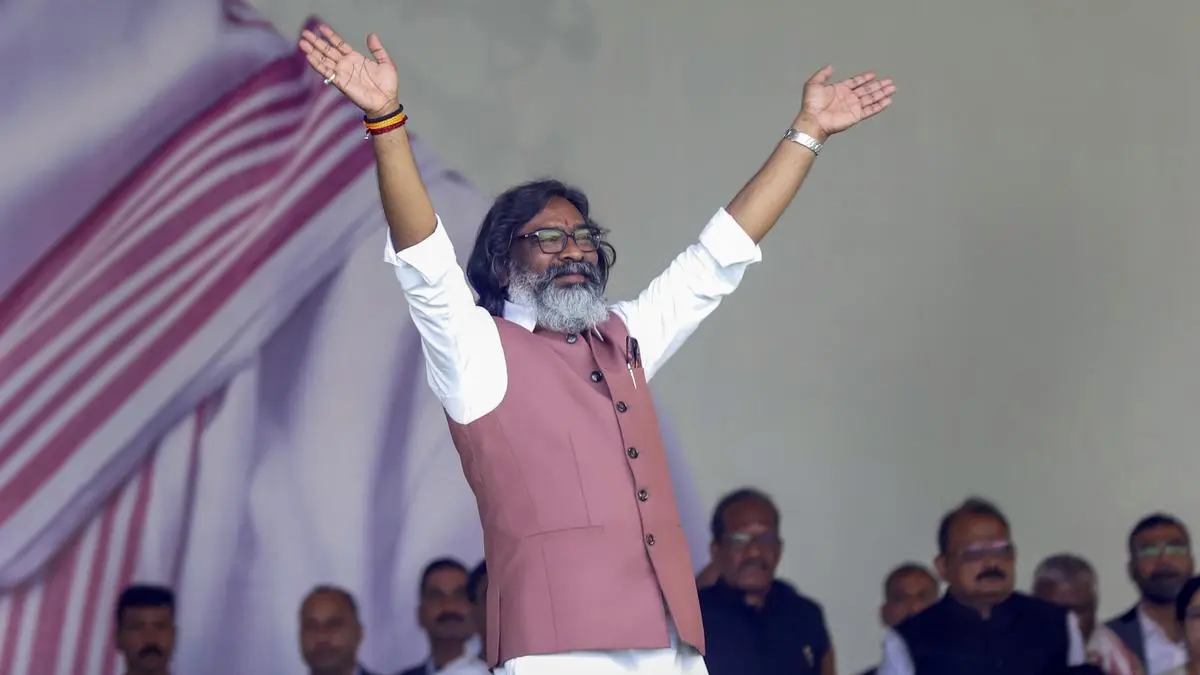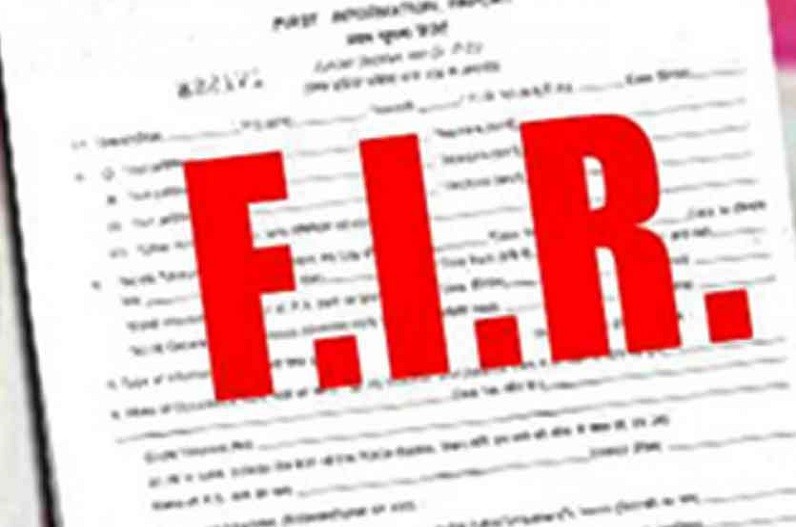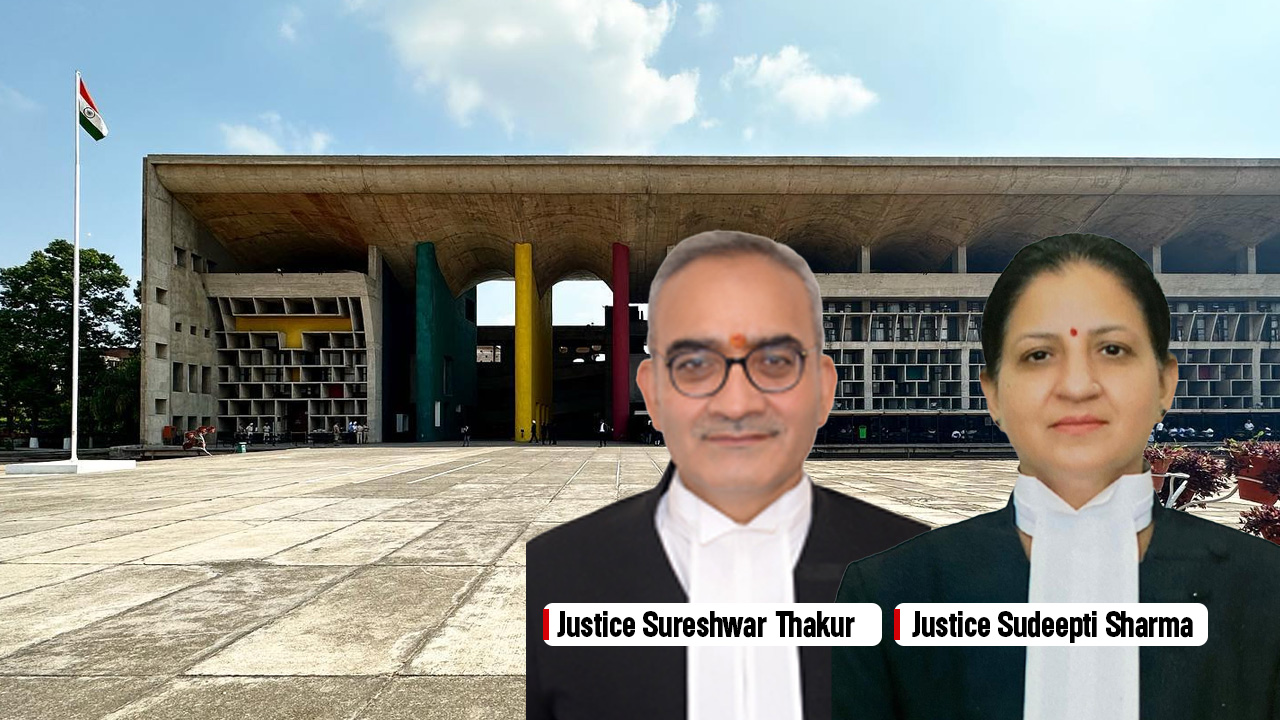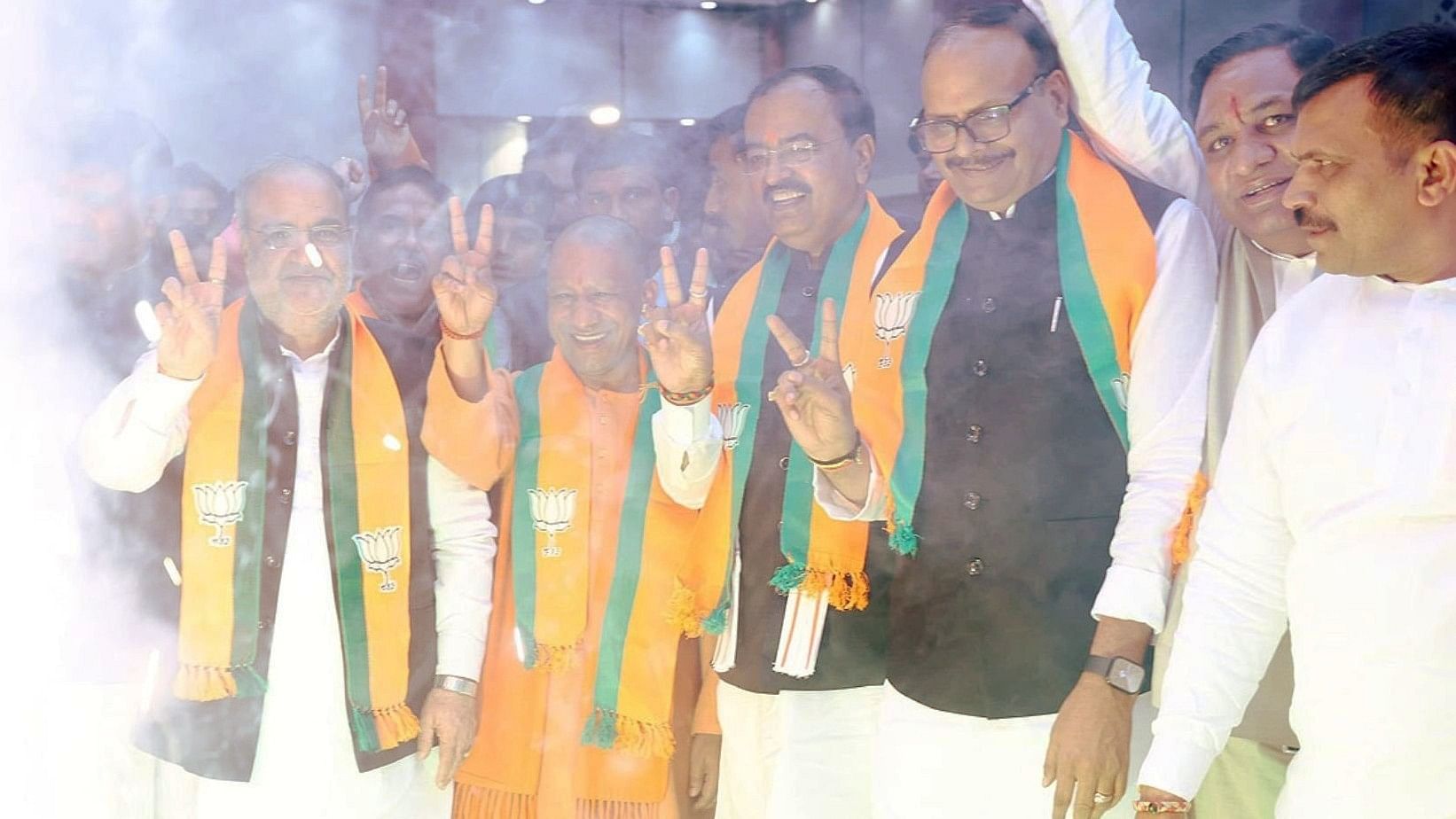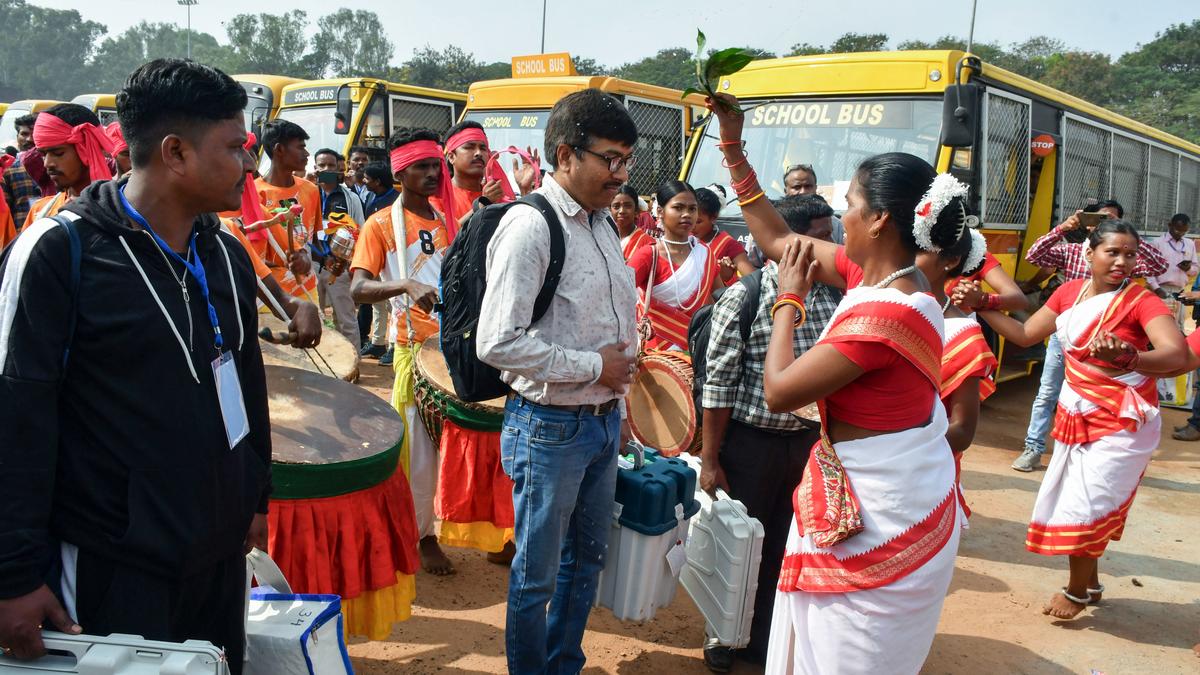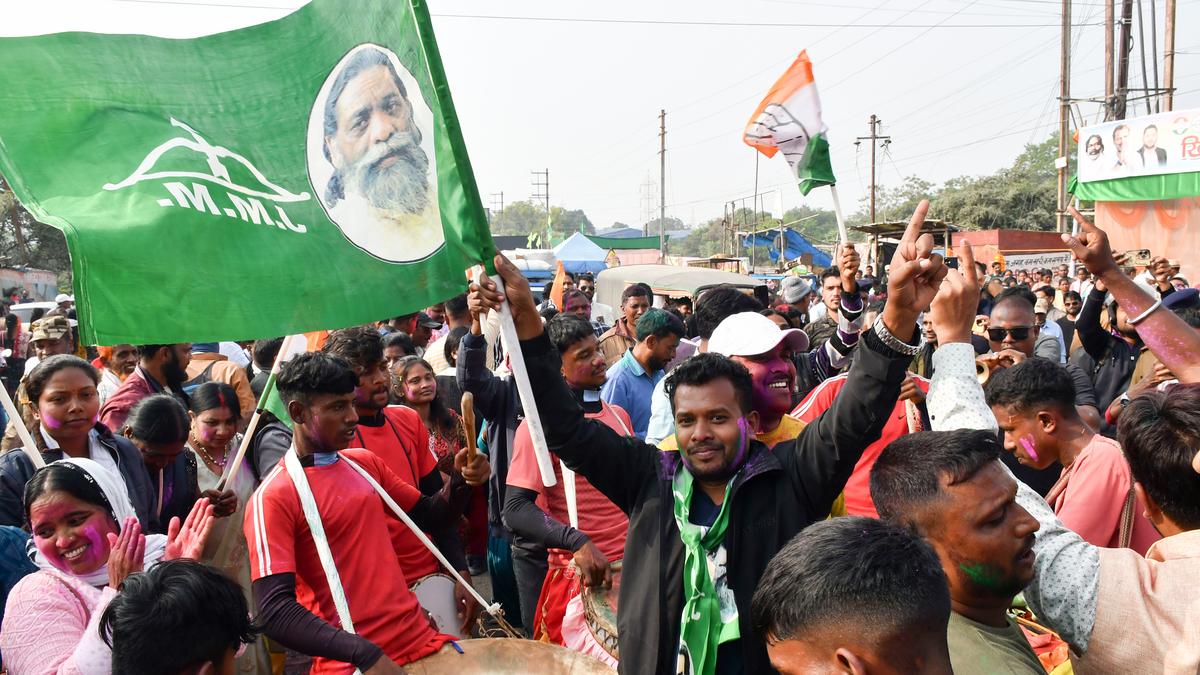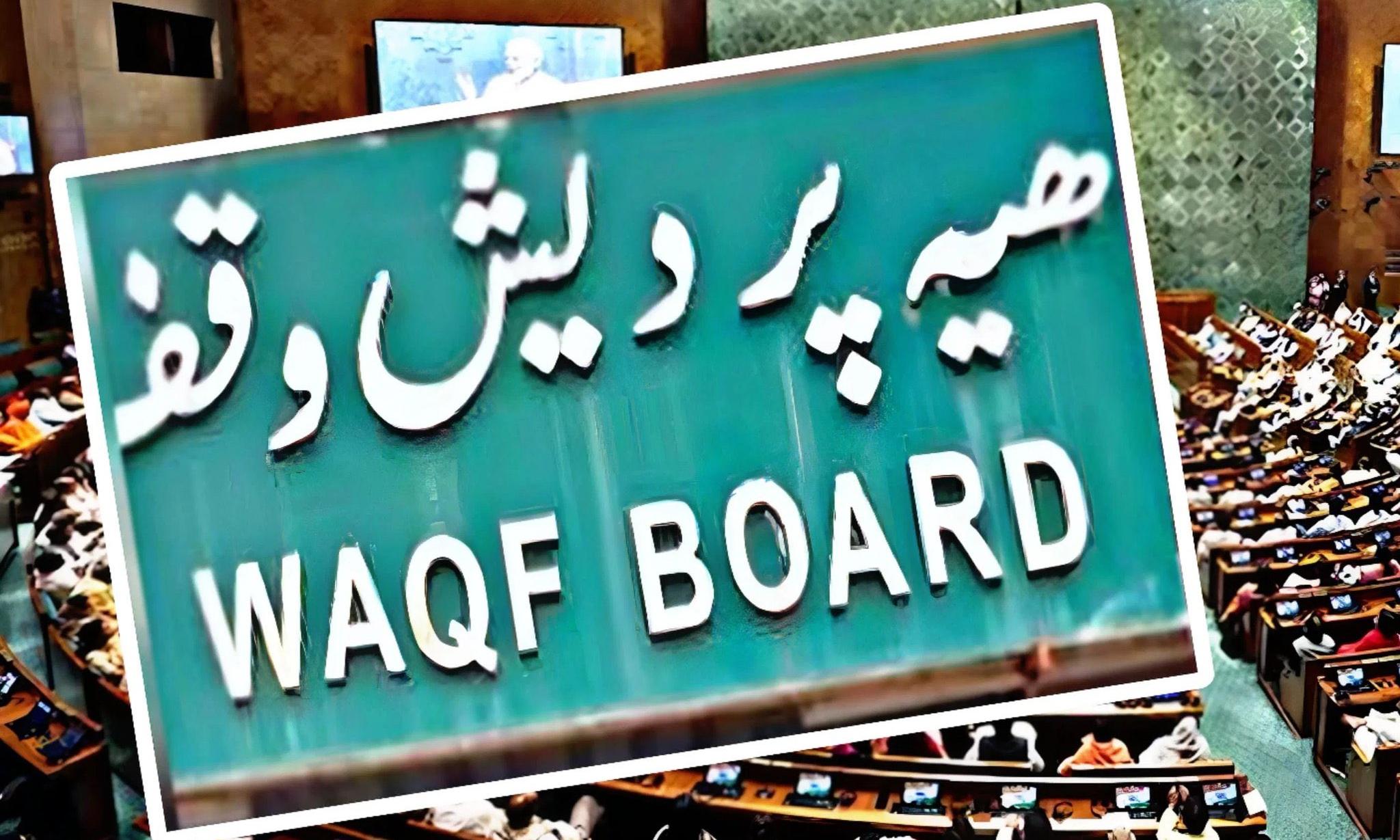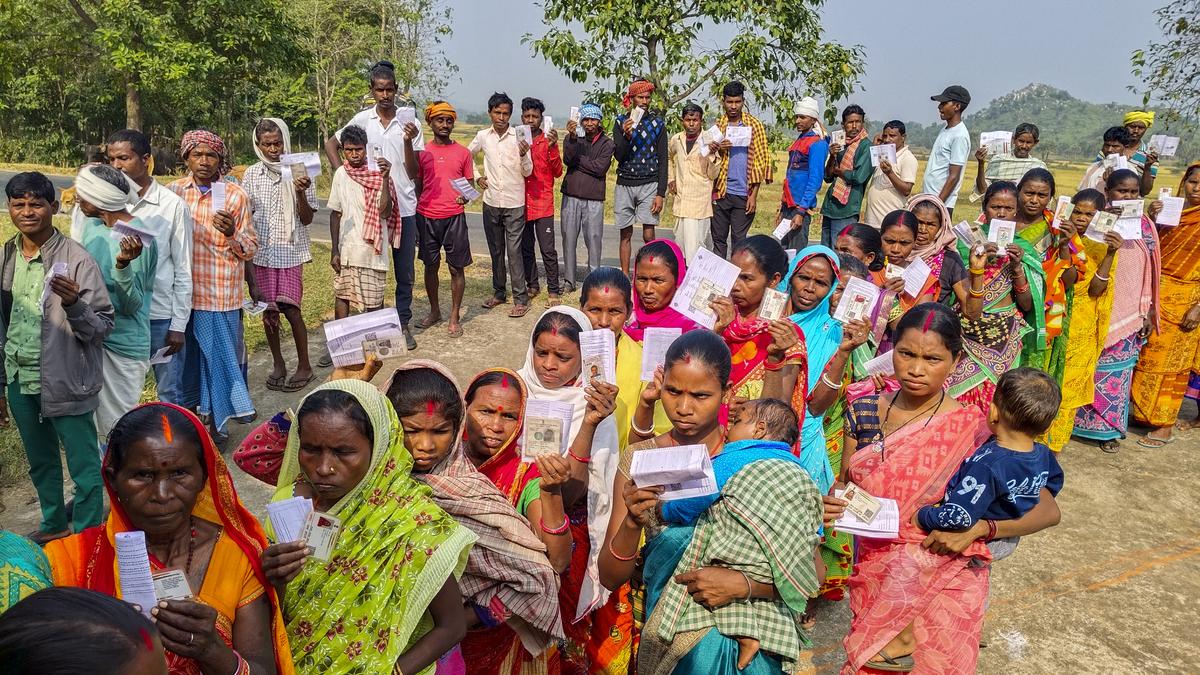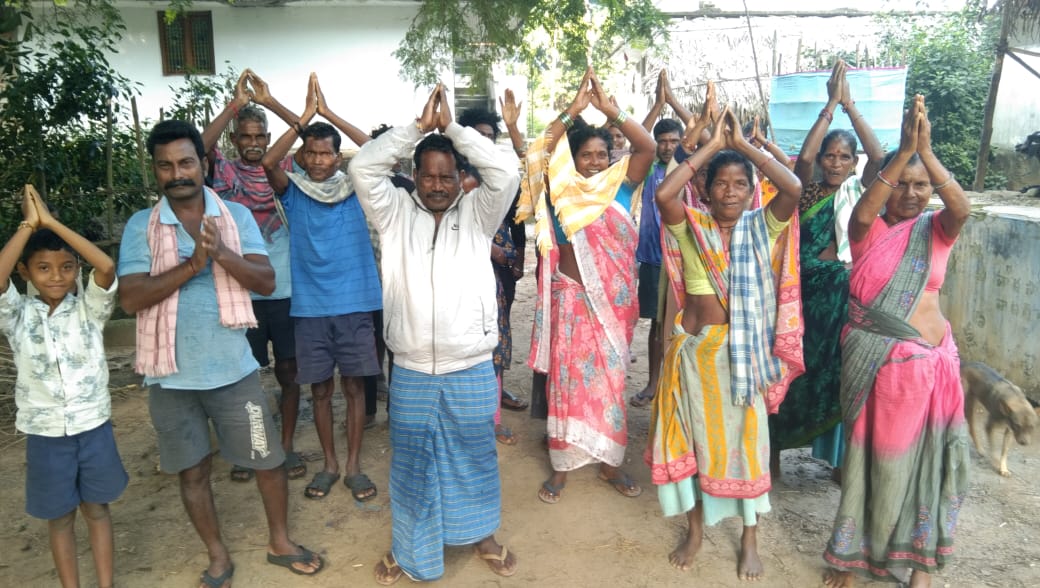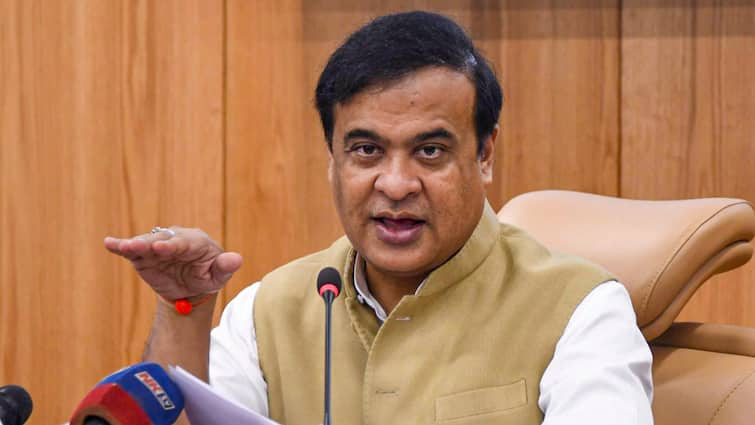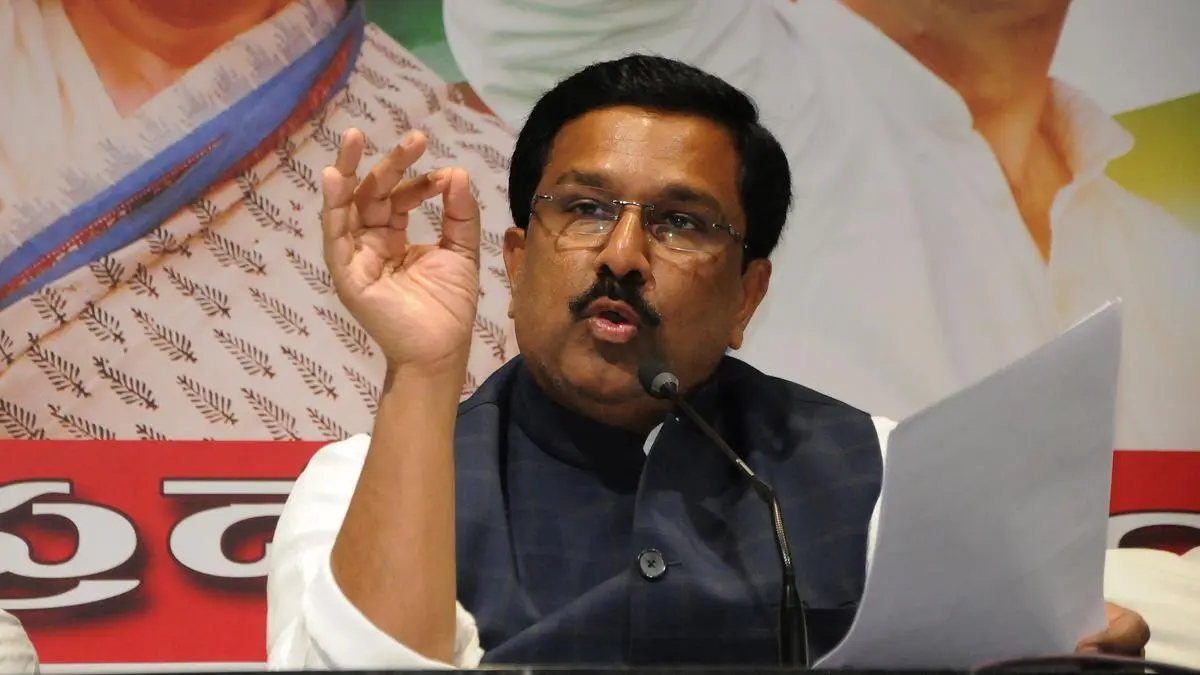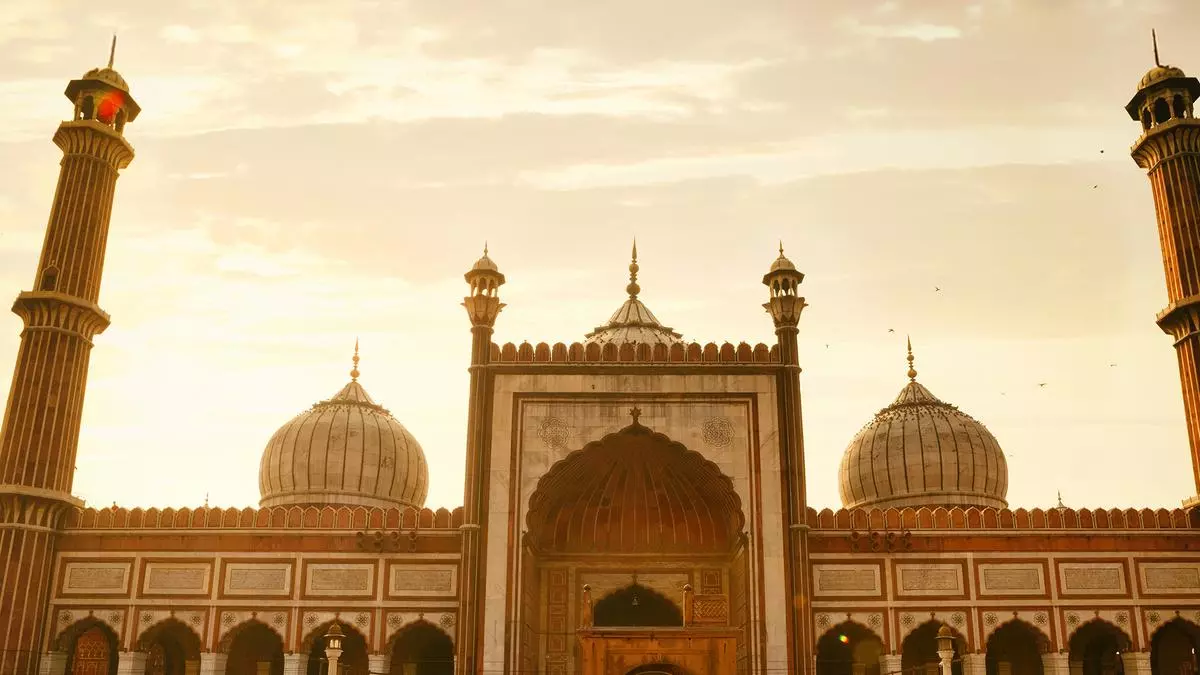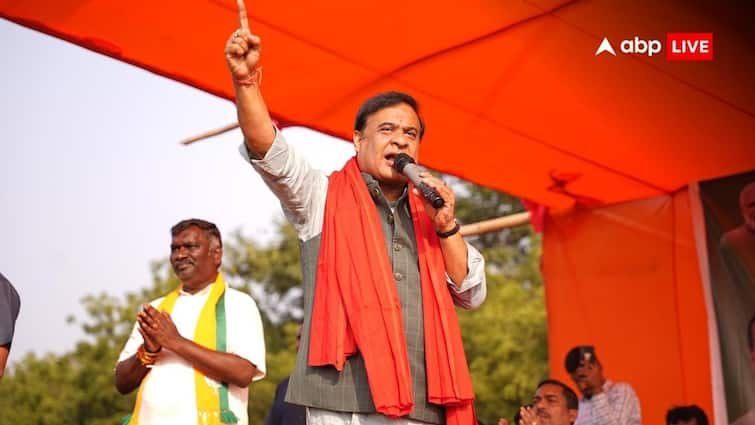)
Assam to conduct survey of 'indigenous' Muslims: Experts term move divisive, say classification is undemocratic, unconstitutional
FirstpostThe Assam government put forward the idea of a socio-economic census of indigenous Muslims of Assam, except that it decided to drop the term Khilonjiya from the census. According to Mukhi, “The land rights of indigenous people will be secured.” In the same breath, he said, “The government is determined to make Assam extremist-free.” When I spoke to Suhas Chakma, the director of Rights and Risks Analysis Group, he unequivocally termed the socio-economic census of Muslims as “intellectual hogwash”. This is not what is the meaning and purpose of defining the indigenous peoples including under the UN Declaration on the Rights of Indigenous Peoples as well as the ILO Conventions No.107 and No 169 relating to indigenous and tribal peoples.” Assam’s fear of “land-hungry migrants” These policies make a cultural, racial and linguistic distinction between Assamese and non-Assamese. In the judgment in Assam Sanhmilita Mahasangha v Union of India, where the Supreme Court decides the supervision of an NRC update, the Court reproduced census superintendent CS Mullan’s voice from 1931: “Probably the most important event in the province during the last 25 years – an event, moreover, which seems likely to alter permanently the whole feature of Assam and to destroy the whole structure of Assamese culture and civilization – has been the invasion of a vast horde of land-hungry immigrants mostly Muslims, from the districts of East Bengal. As Amnesty International mentions in its report on Foreigners’ Tribunals, “the highest court in India legitimised the one-dimensional equation of migration with national security as endorsed by the report and justified the use of repressive laws.” Land Rights Committee Things don’t end with the formation of the committee to look into Clause 6 of Assam Accord or with the selective census of just four communities of Muslims.
History of this topic

Northeastern View | Assam’s history shows that communal provocations can lead to ugly places
Hindustan Times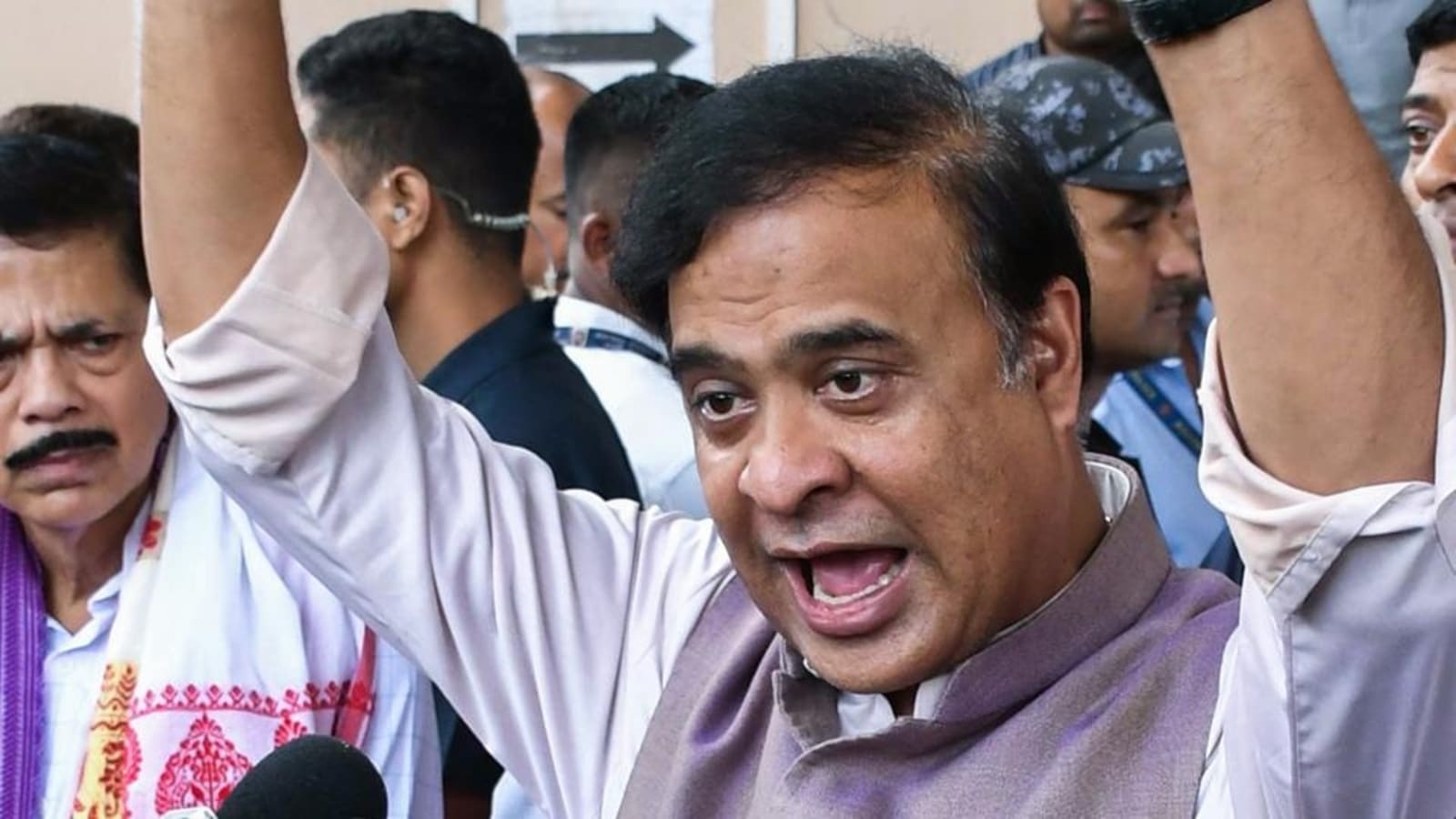
Assam to enact new laws on Muslim marriages and protection of heritage sites, tribal lands
Hindustan Times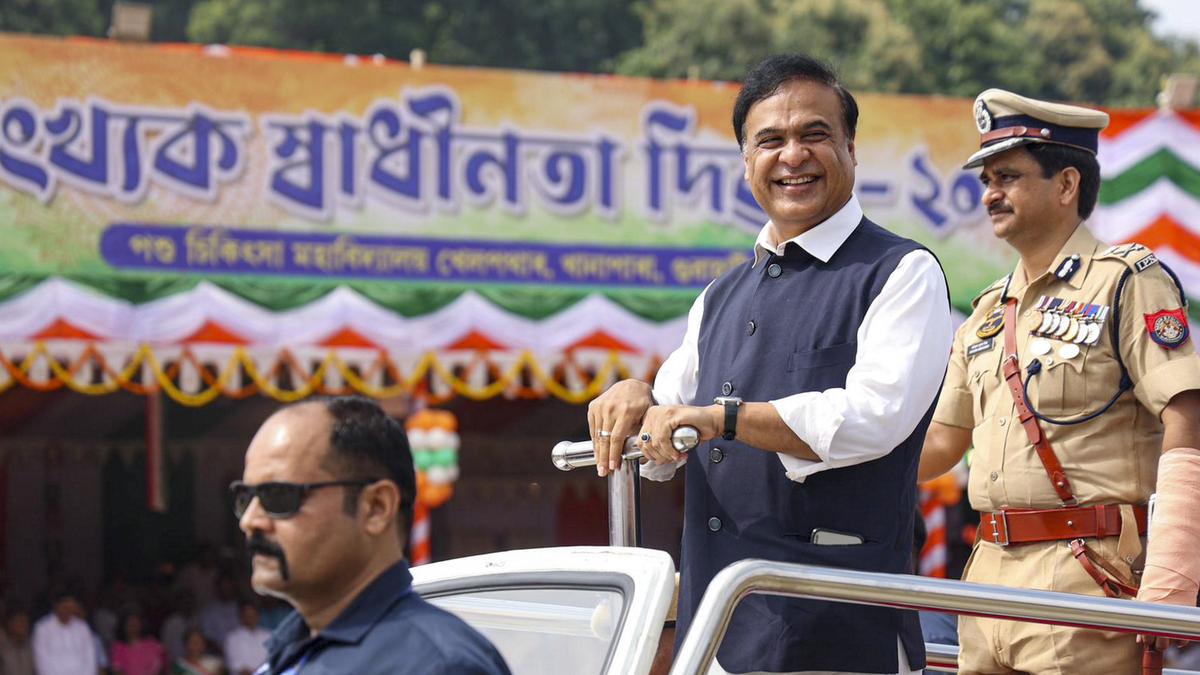
Assam threatened by demographic change, says Himanta Biswa Sarma
The Hindu
Bengali Muslims must give up child marriage, polygamy: Assam CM
Deccan Chronicle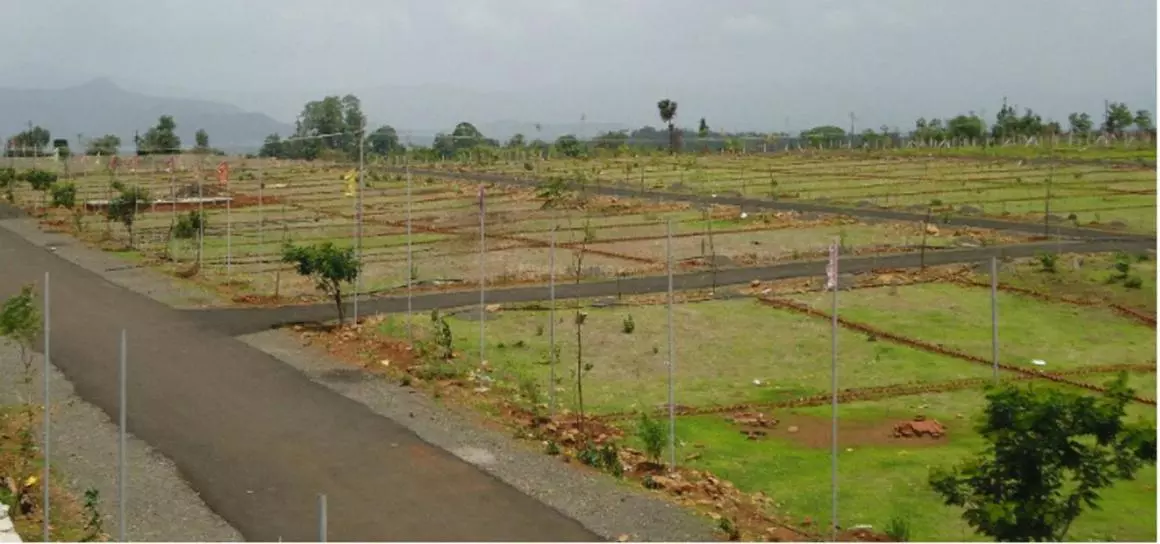
Assam govt suspends NOC for sale of land between people of different religions for 3 months
Deccan Chronicle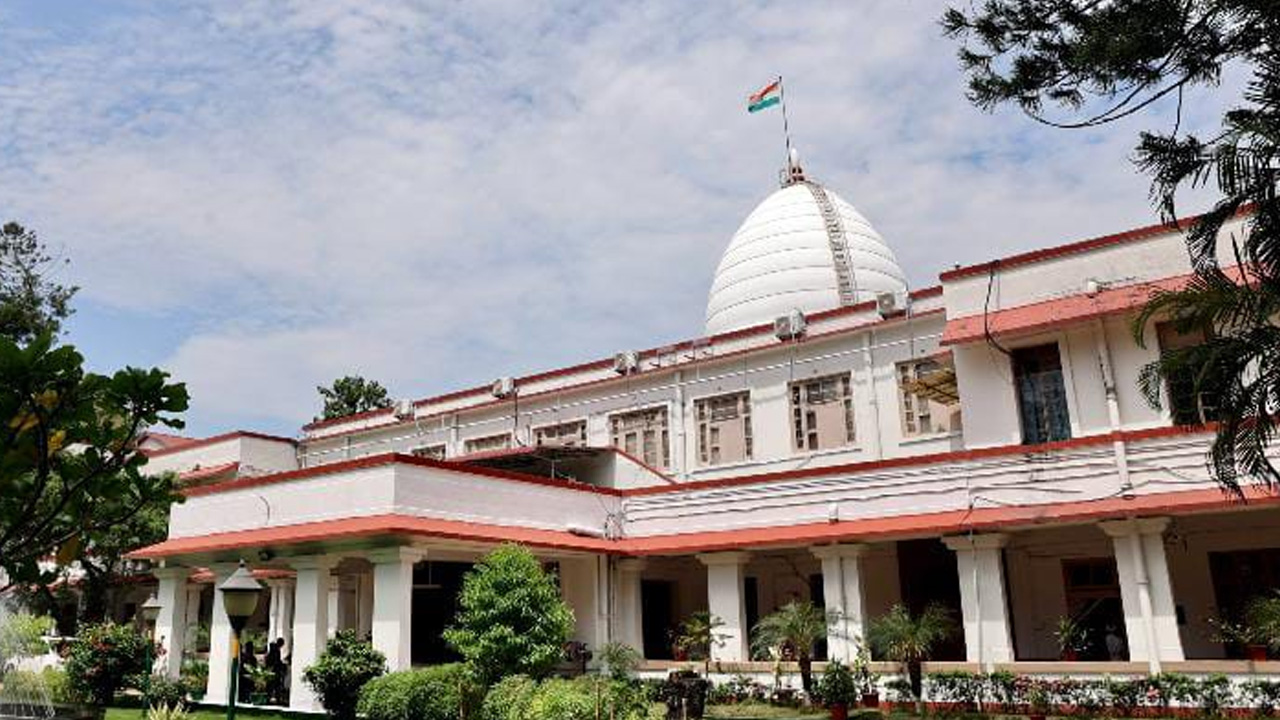
High Court Issues Notice To Assam Govt In Plea Challenging Socio-Economic Survey Of 'Indigenous Muslims' For Implementing 'Welfare Schemes'
Live Law
Assam CM calls for caste census among Muslim community, says ‘crucial for…’
Live Mint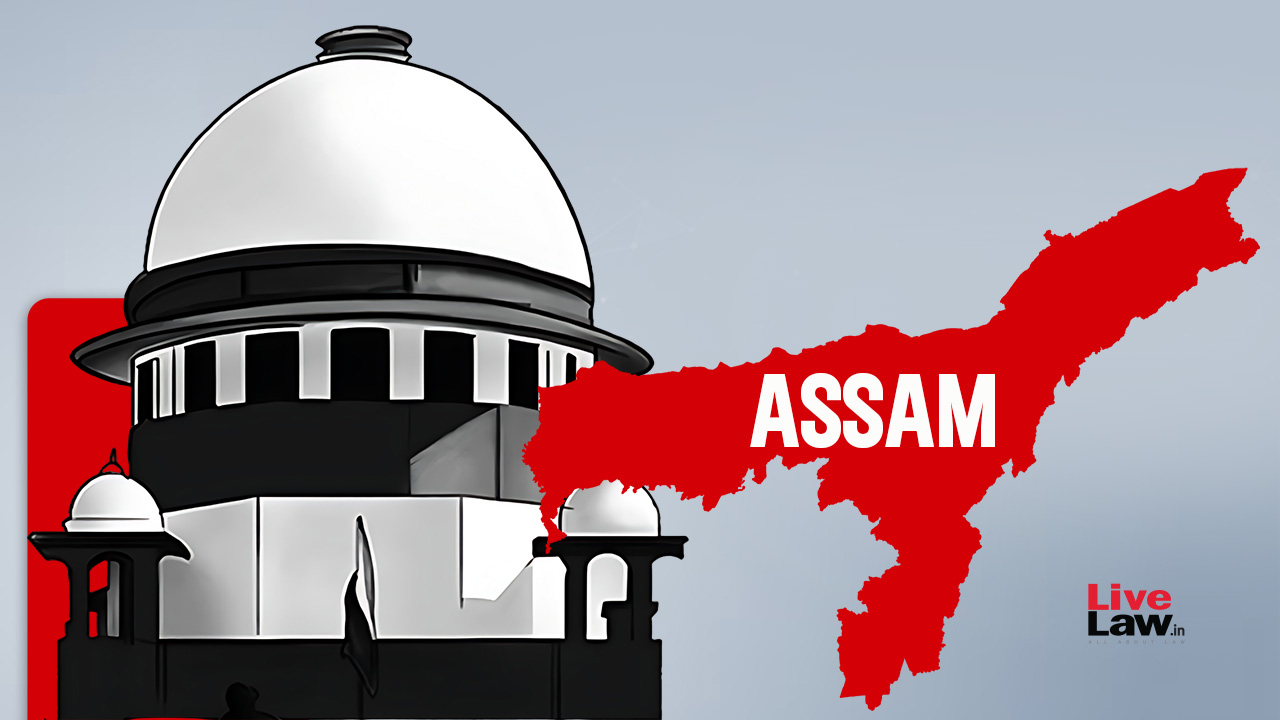
Inflow Of Illegal Migrants To Assam And North-Eastern States
Live LawAssam illegal immigrants | Supreme Court postpones hearing on challenge to Section 6A of Citizenship Act to December 5
The HinduAssam Govt to Conduct socio-economic survey of Muslims
Deccan Chronicle
Assam to conduct socio-economic survey of indigenous Muslims
India Today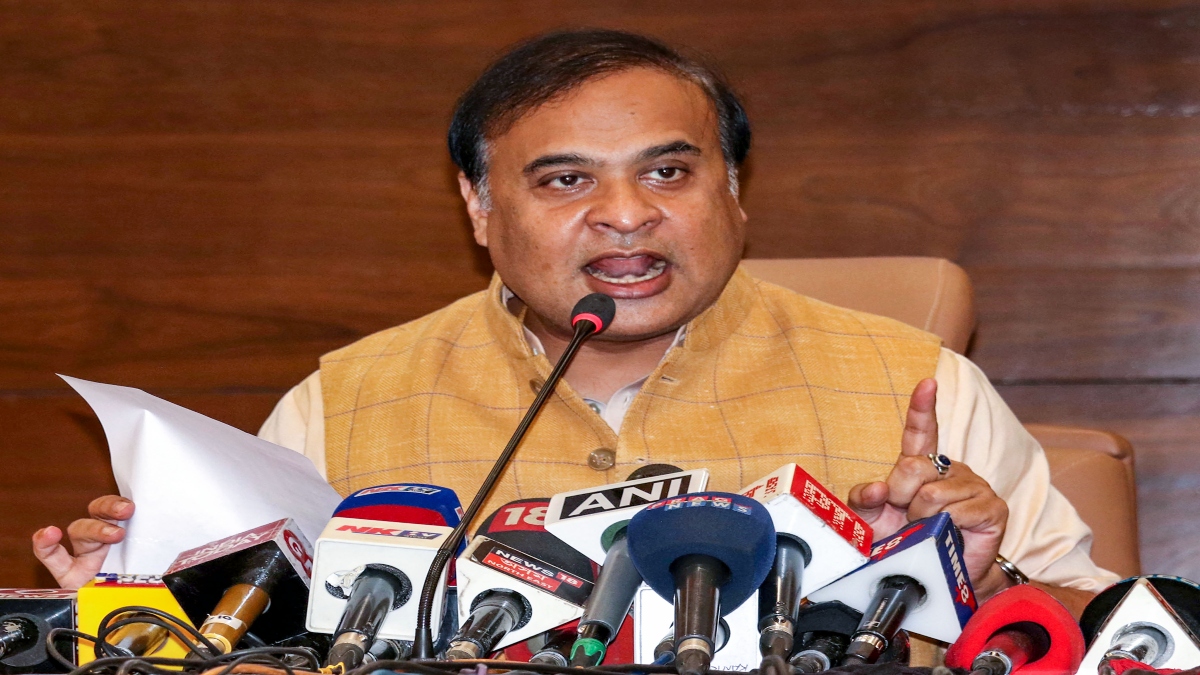
Himanta Biswa Sarma orders socio-economic assessment of indigenous Muslim communities in Assam
India TV News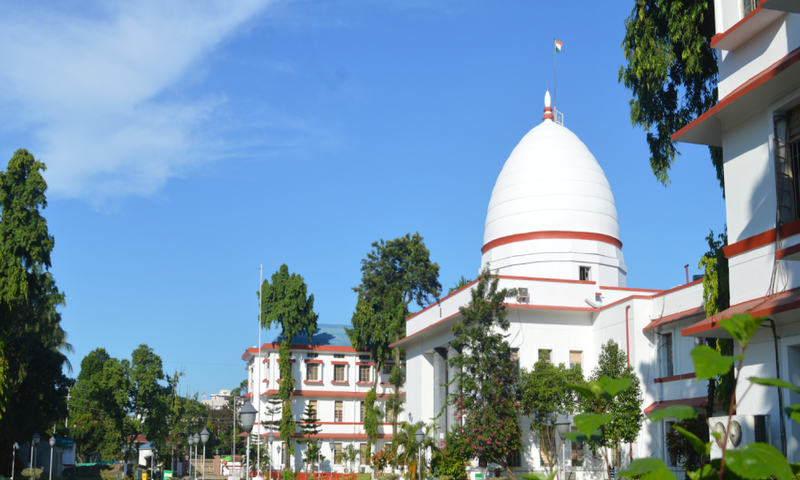
‘Muslim Population Has Increased In Assam, This Abrupt Growth Has Come From Other Side’: Centre To Gauhati High Court In Declared Foreigners' Case
Live Law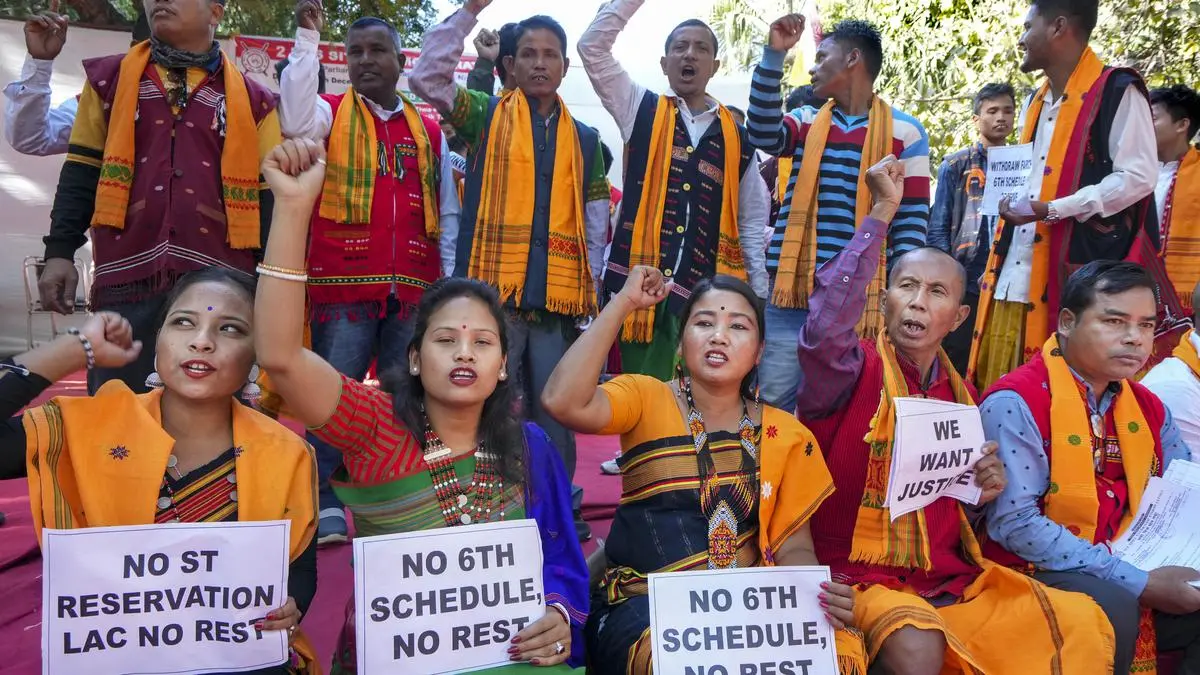
ECI wades into fault lines of Assam to redraw electoral map
The Hindu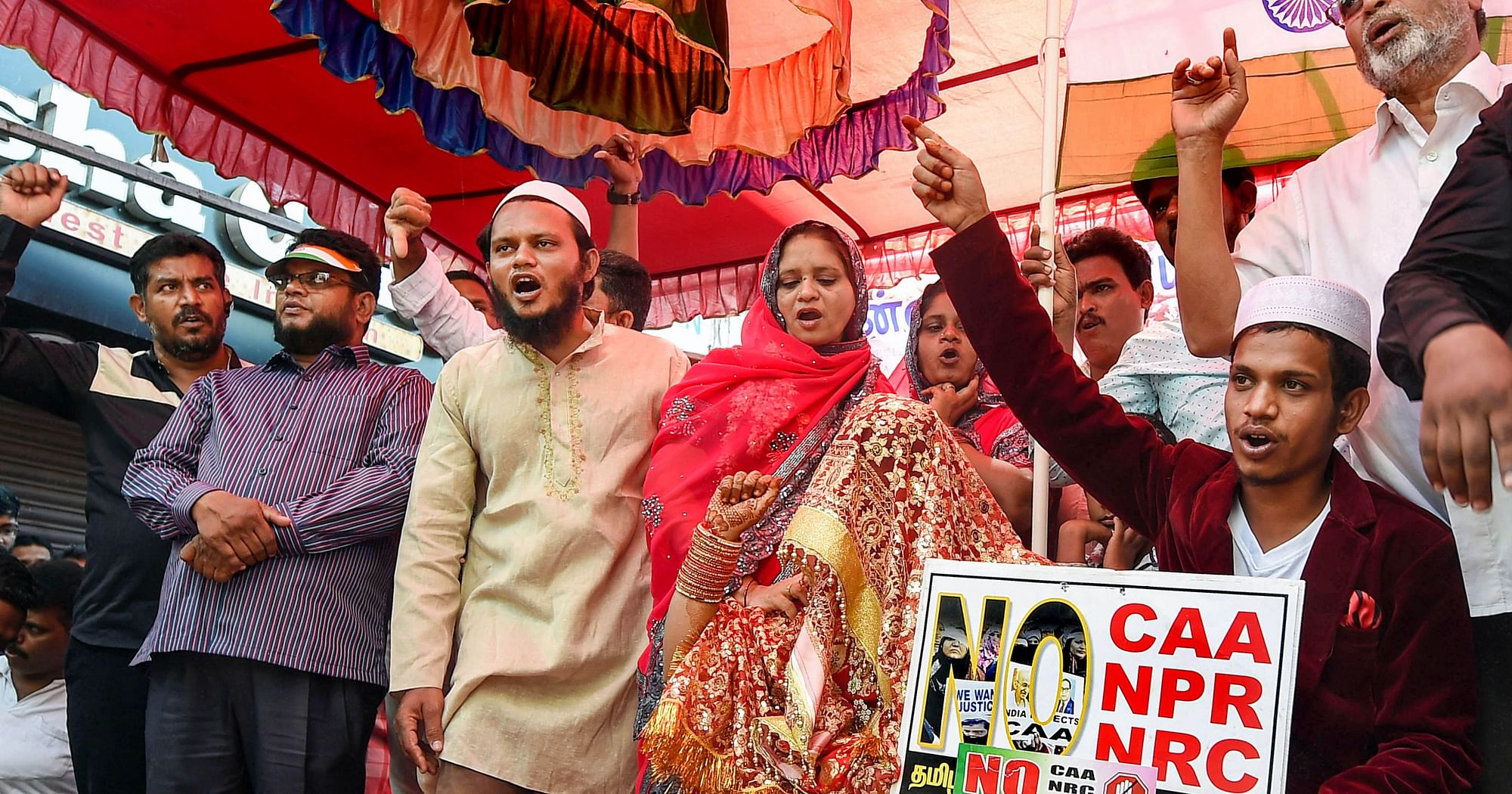
Over 30,000 Illegal Foreigners Deported Till 31 August Based on Assam Accord
The Quint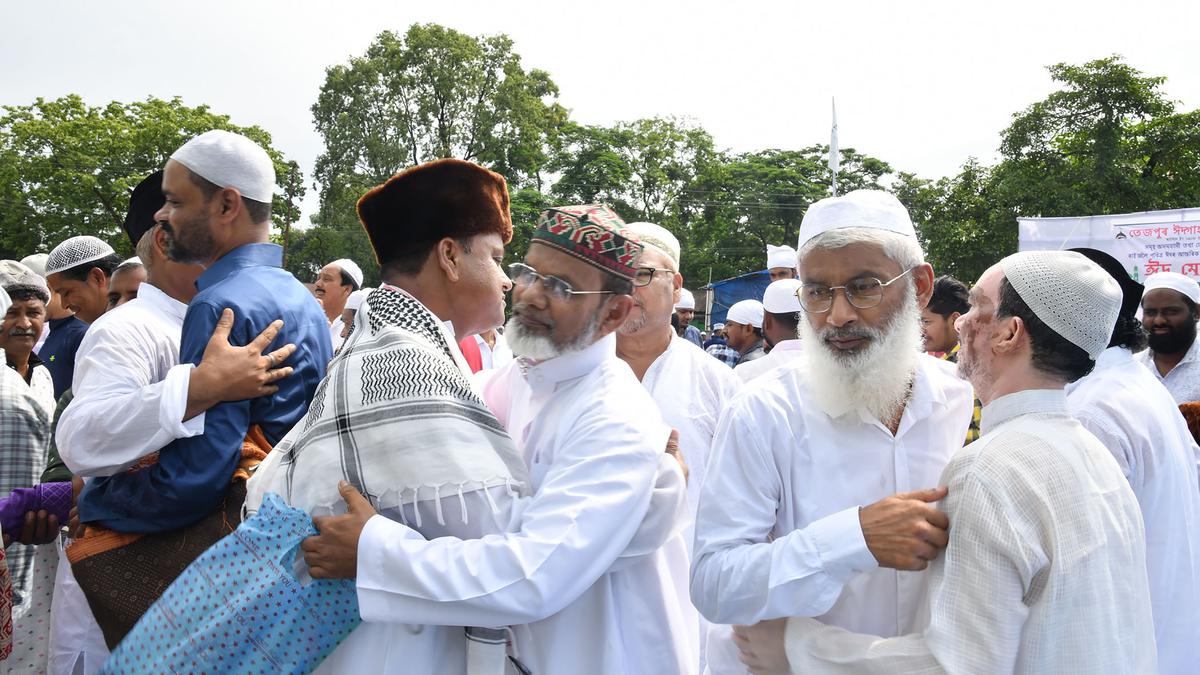
Indigenous tag splits ‘Assamese Muslims’ wide open
The Hindu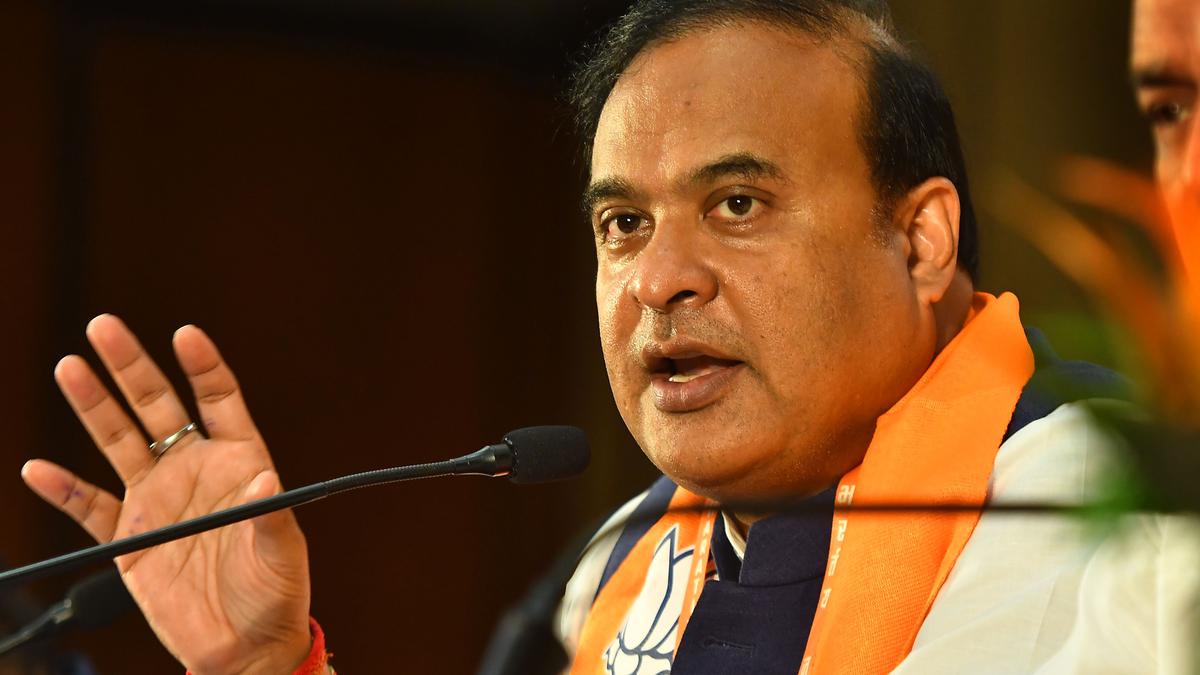
Assamese Muslims recognised as a distinct indigenous community
The Hindu
Assam: Row Over Minority Certificates; BJP Says Will Safeguard Rights, Opposition Alleges Ploy to Divide
News 18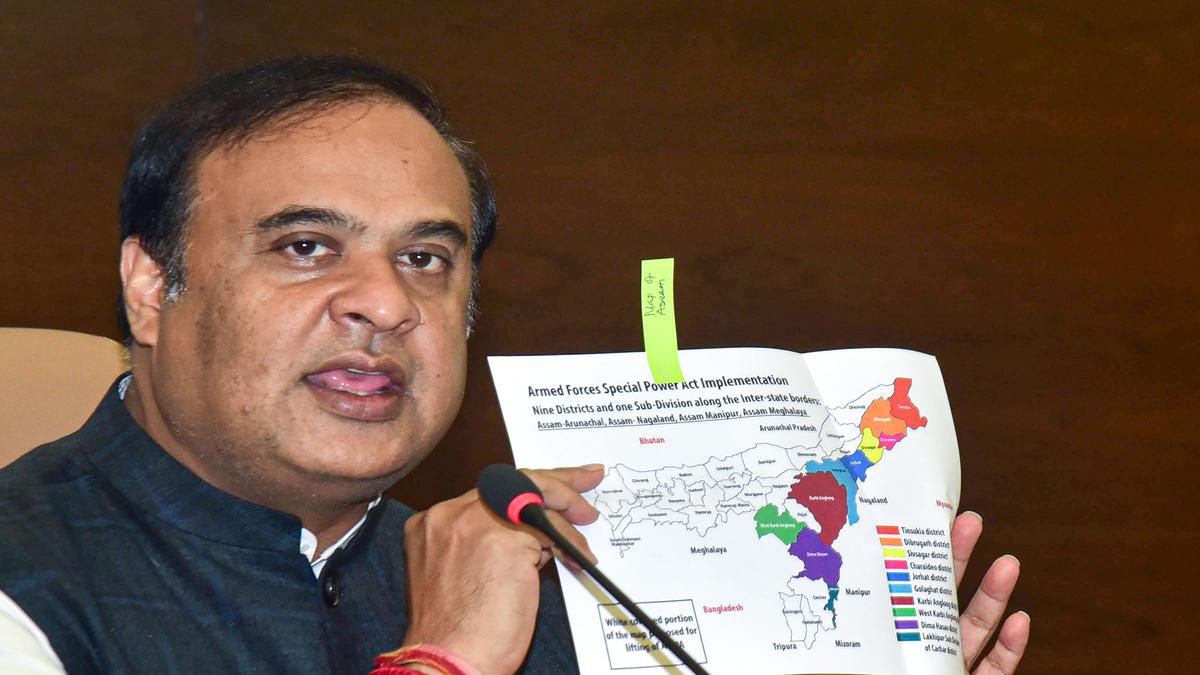
Identify Assamese Muslims as a distinct community: panel
The Hindu)
Assam likely to conduct survey to segregate state’s indigenous Muslims from those of Bangladeshi origin, aims to begin exercise next fiscal
Firstpost)
Citizenship Amendment Act: BJP chasing ghosts in Assam; Census data shows number of Hindu immigrants may have been exaggerated
Firstpost
Why Assam is protesting against Citizenship Amendment Bill
India Today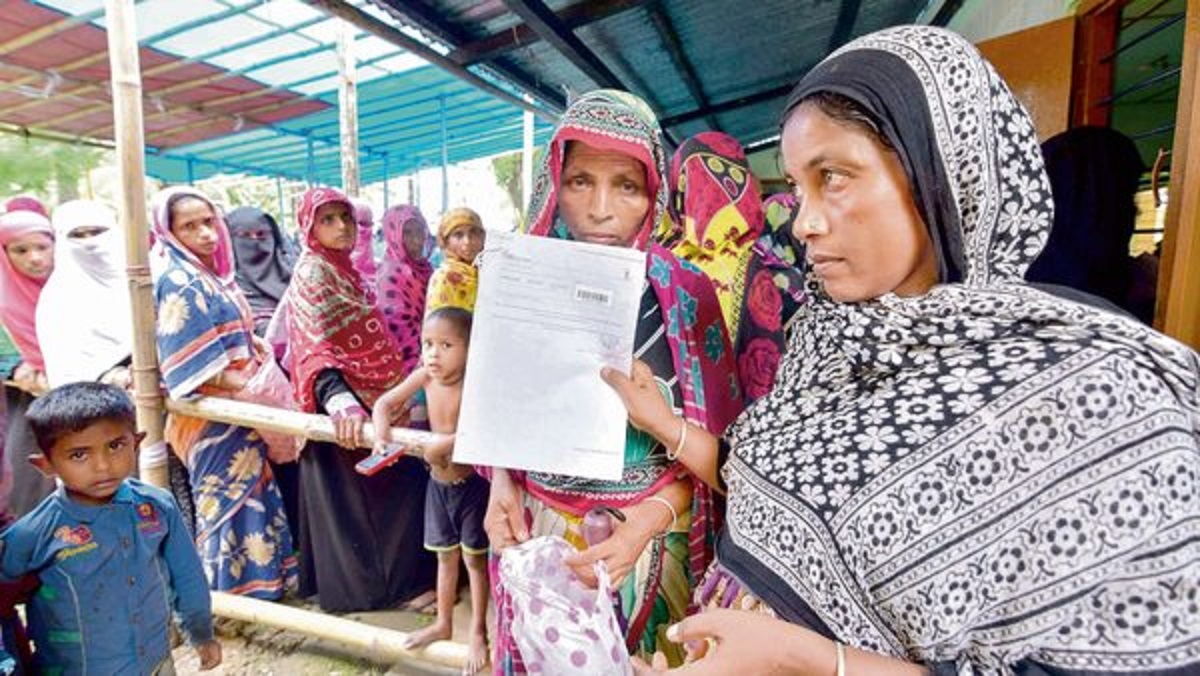
Assam NRC: 1.9 million residents may soon be deemed stateless, says USCIRF
India TV NewsComment | Three sloppy claims about NRC
The HinduNational Register of Citizens in Assam: Trauma of exclusion
The Hindu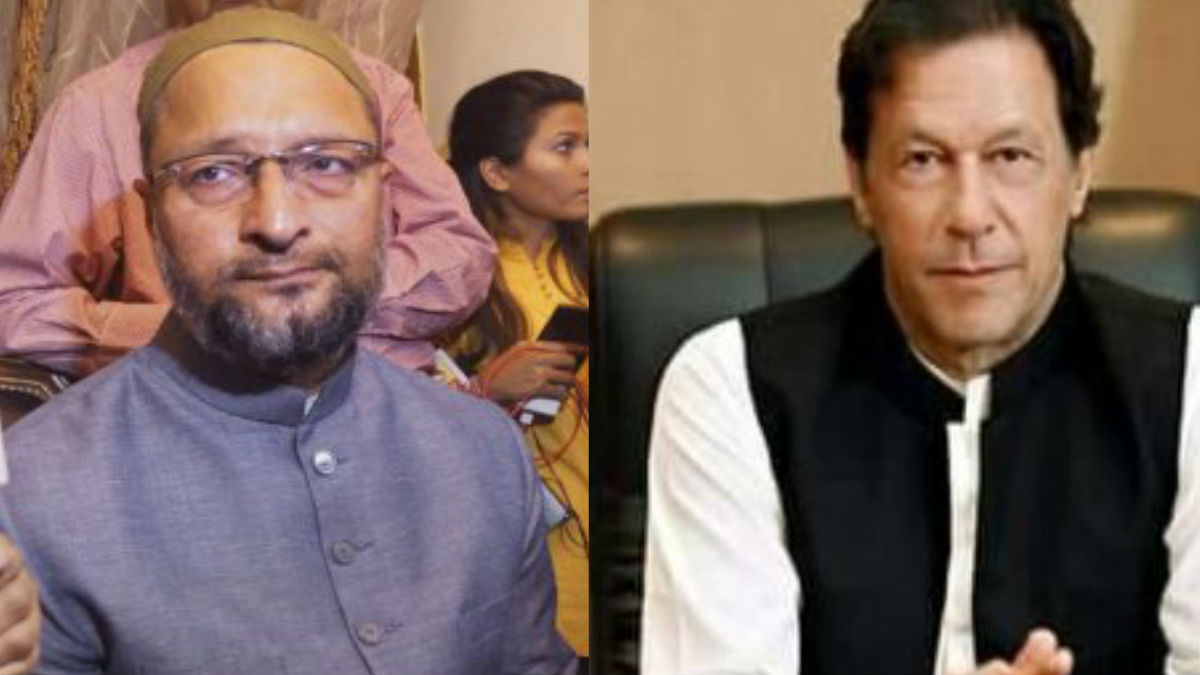
Apex Muslim body in Assam slams Imran, Owaisi for comments on NRC
India TV News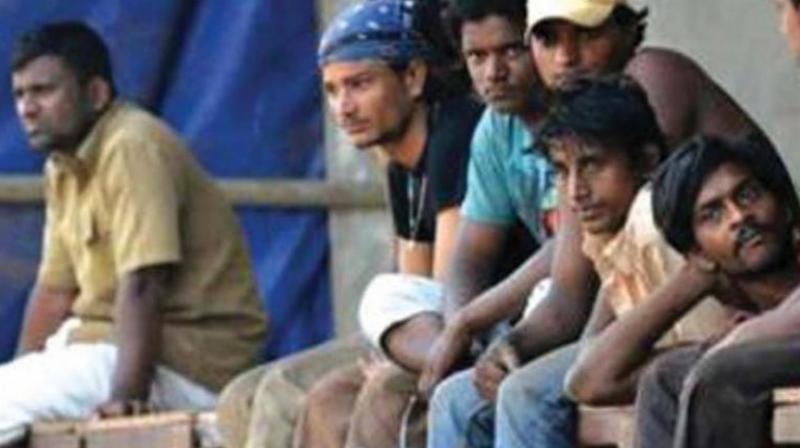
Local Muslims in Assam ‘angry’ with migrants
Deccan Chronicle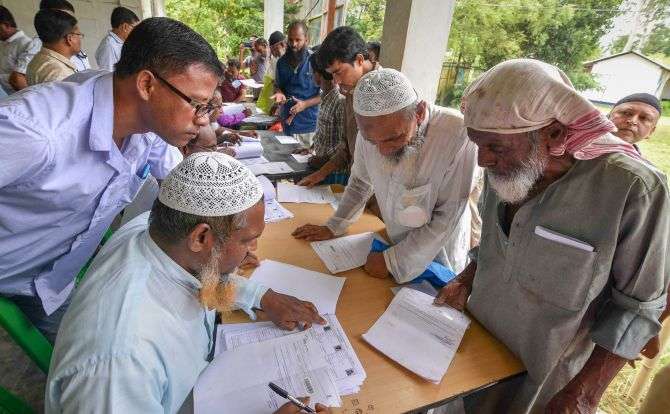
More indigenous people dropped from NRC than those living on B'desh border: Assam govt
India TV News)
Lok Sabha polls: From mandir to maati, BJP changes poll narrative in Assam, reaches out to Assamese Muslims
Firstpost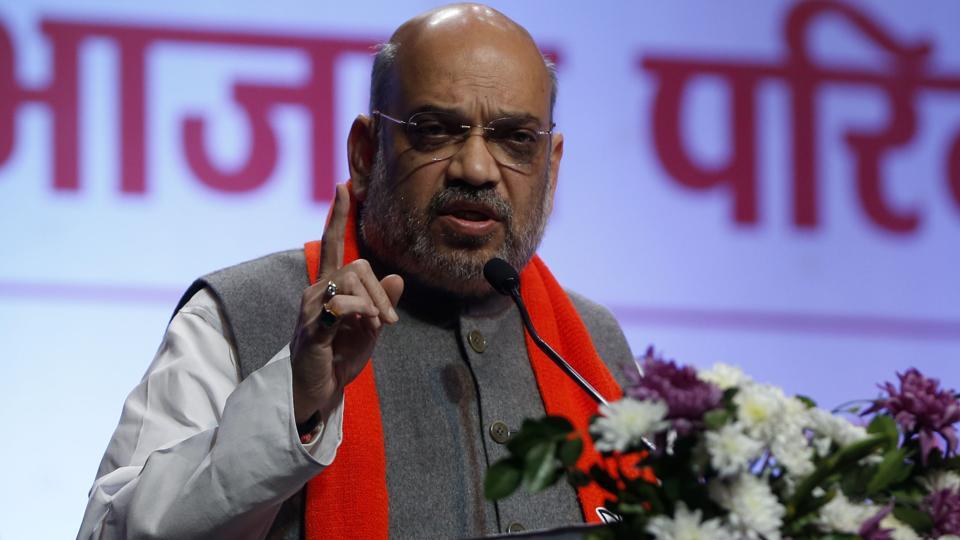
‘Won’t let Assam turn into another Kashmir,’ says Amit Shah on NRC
Hindustan Times
It is our duty to protect persecuted minorities from neighbouring Islamic nations: PM Modi in Assam
Op India)
Citizenship bill: Submerged in sectarian politics, BJP turns a blind eye to historical complexities of Assamese sub-nationalism
Firstpost
Govt panel to safeguard rights of ethnic Assamese
Live Mint
Assam’s NRC vs Jammu and Kashmir’s PRC: Drawing parallel among distinct laws and acknowledging the ‘liberal’ double-standard
Op India
Protecting the rights of indigenous people of the state priority, after Assam, Meghalaya mulls NRC update
Op India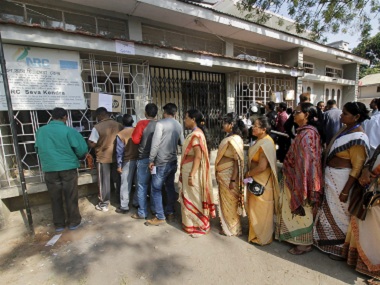)
Assam NRC: Human rights of non-citizens are important but indigenous Assamese need to protect their vanishing homeland
Firstpost
Understanding the Assam conflict : The NRC final draft is out and the rhetoric is not helping
Op India
Why Assam NRC is making Muslims nervous there
India TodayDiscover Related


